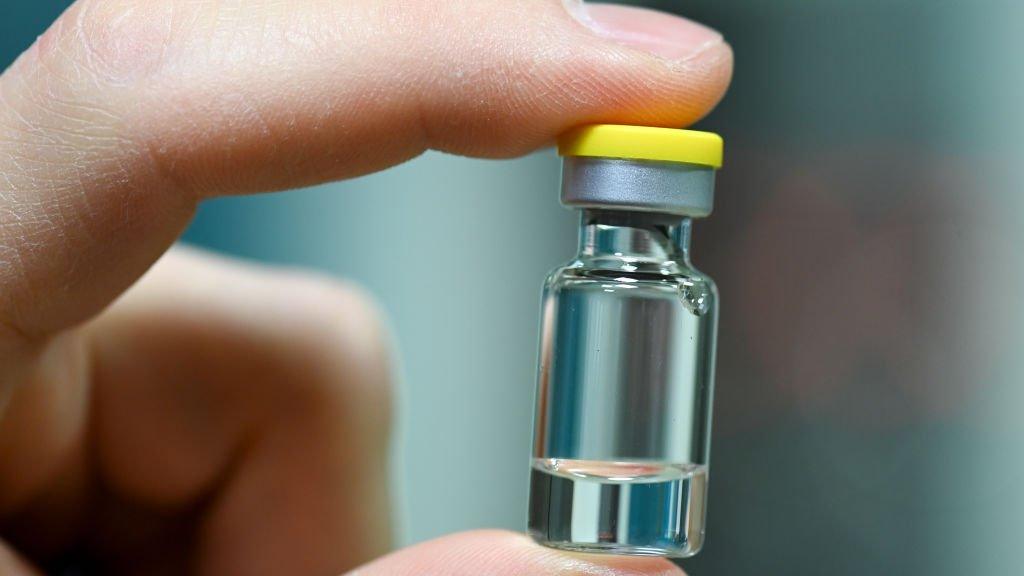Covid-19 vaccine 'could be a spray or pill' in future
- Published
- comments
Experts explain plan for 6-17 year olds vaccine trials
The scientist behind one of the UK's main vaccines has told Newsround that a spray or pill version could be developed to help children get vaccinated.
"We'll look at using a nasal spray, we'll also look at giving the vaccine by a pill that you just swallow," Professor Sarah Gilbert said in response to questions from the Newsround viewers concerned about kids who are scared of needles getting vaccinated.
However, Professor Gilbert warned: "It's going to take some time so it's not going to happen for probably a couple of years yet.
"Both of these things have to be properly tested to make sure they're safe and to make sure the vaccine still works if we're going to change the way that we deliver it" she explained.
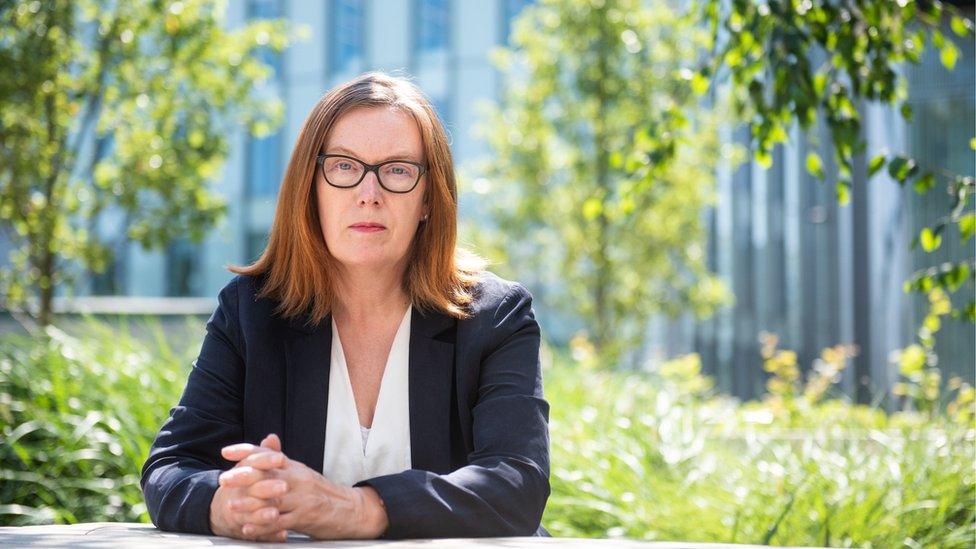
Prof Sarah Gilbert, the architect of the Oxford vaccine, says it could eventually be given as a pill or a spray
Trials for under-18s begin
Trials have begun in the UK to find out how effective the vaccine is for under-18s.
"The aim of the trials that we're now undertaking in children, overall, is to see how well the vaccine works in children by measuring the immune response to the vaccine," explained Professor Andrew Pollard, one of the UK's leading vaccine experts.
He has been advising the government throughout the pandemic and, on top of that, he's also a specialist child doctor, known as a paediatrician.
Vaccine experts answer your questions about a possible Covid vaccine for kids
Professor Pollard added, "we know that some people have side effects like getting a sore arm or a temperature after a vaccine, and so we want to see whether that happens in children as well."
How is the vaccine trialled?
"We're evaluating the vaccine from the age of six years to 17 but the first part of it that's just started is in those between 12 and 17," explained Professor Pollard.
The Professor said "thousands of families" had asked to be involved in the trial, and the first groups of young teenagers have had their first jabs.
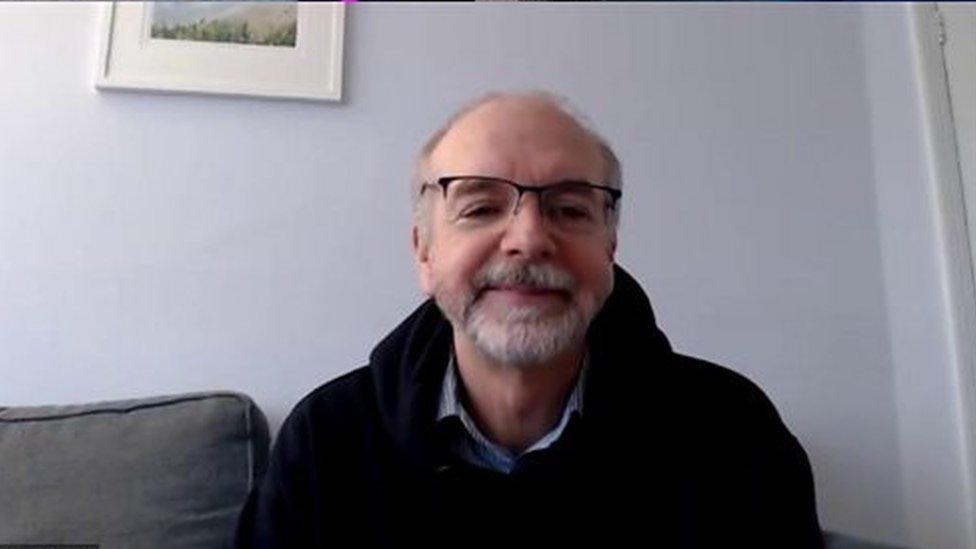
Professor Andrew Pollard said children as young as six could receive trial jabs within a month or two
After the young people in the trial have the injections, the experts running the trial, "follow them up over the months ahead to see how well they make an immune response."
Once they know how they reacted to the injections, whether it helped prevent Covid-19 making them ill, or stopped them from passing the virus on to other people, the experts can advise the government on whether to offer the vaccine to more children.
- Published12 February 2021
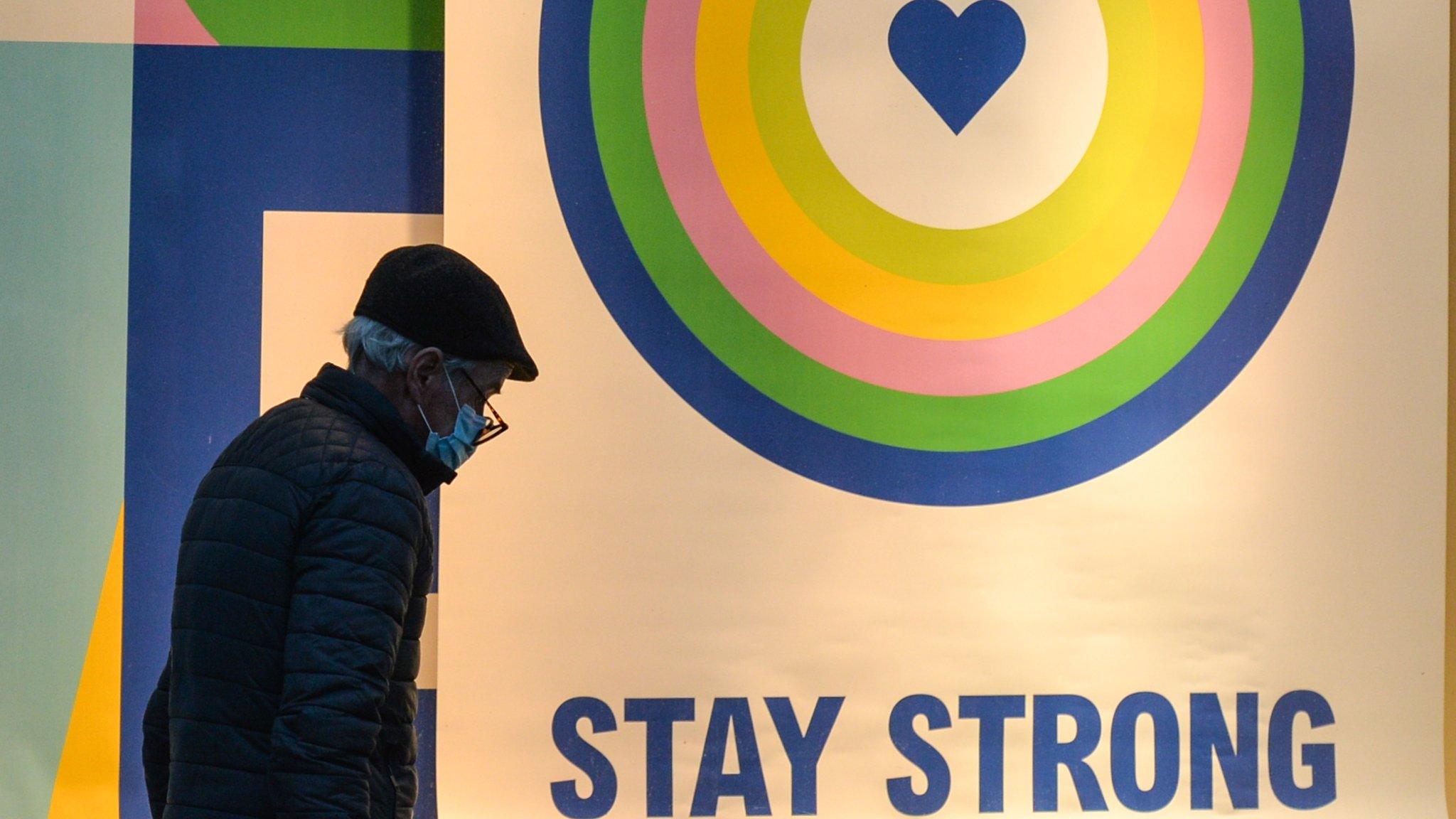
- Published23 February 2021
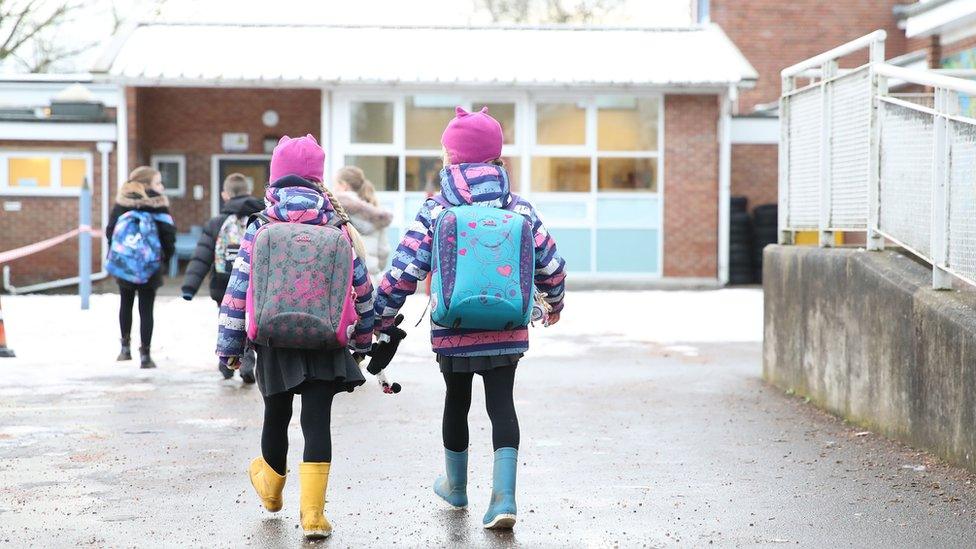
- Published13 February 2021
